
Online MS in Digital Transformation
Dec. 1, 2026
Bridge technology and business. Lead change.
Bridge technology and business. Lead change.
Most companies know they need to evolve – few know how. The Master of Science in Digital Transformation prepares you to lead real change, not just approve software rollouts. You’ll develop skills in digital strategy, AI, cybersecurity, IoT, and innovation management, gaining fluency in the systems and business decisions that make transformation stick. You’ll work on real business challenges curated from the world’s leading organizations, earn badges that demonstrate the skills you’ve built, and gain access to three CompTIA certification preparation courses, at no additional cost; Project+, Network+ and Security+.
This 100% online program prepares you for roles such as Digital Transformation Manager, Innovation Consultant, Change Management Lead, and Business Transformation Analyst.
Skills you will learn - and add to your résumé
World-class, yet within reach
With our pay-as-you-go model if you finish faster, you'll pay less.
- Affordable monthly payments
- No hidden fees - ever
- Pause or cancel anytime
- No fixed long-term contracts
Courses in the MS in Digital Transformation




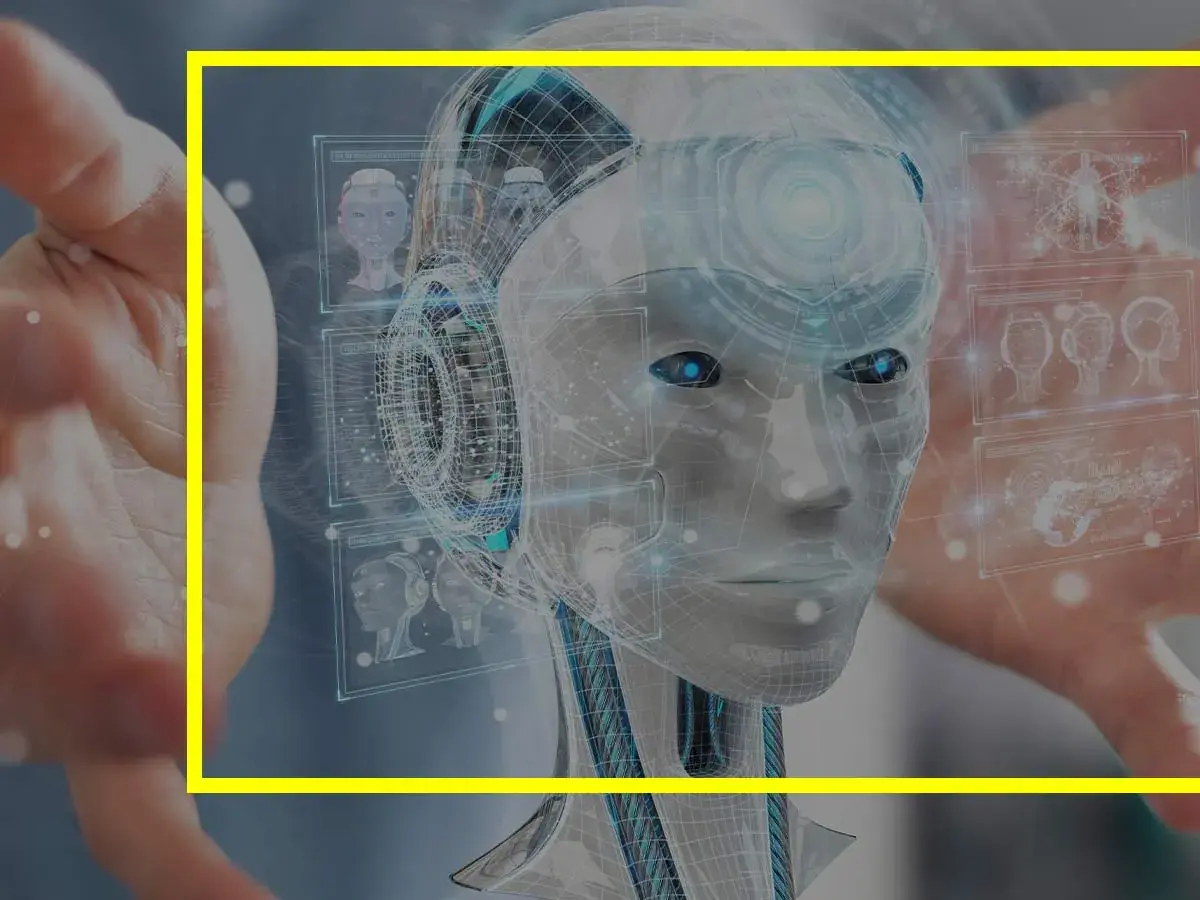
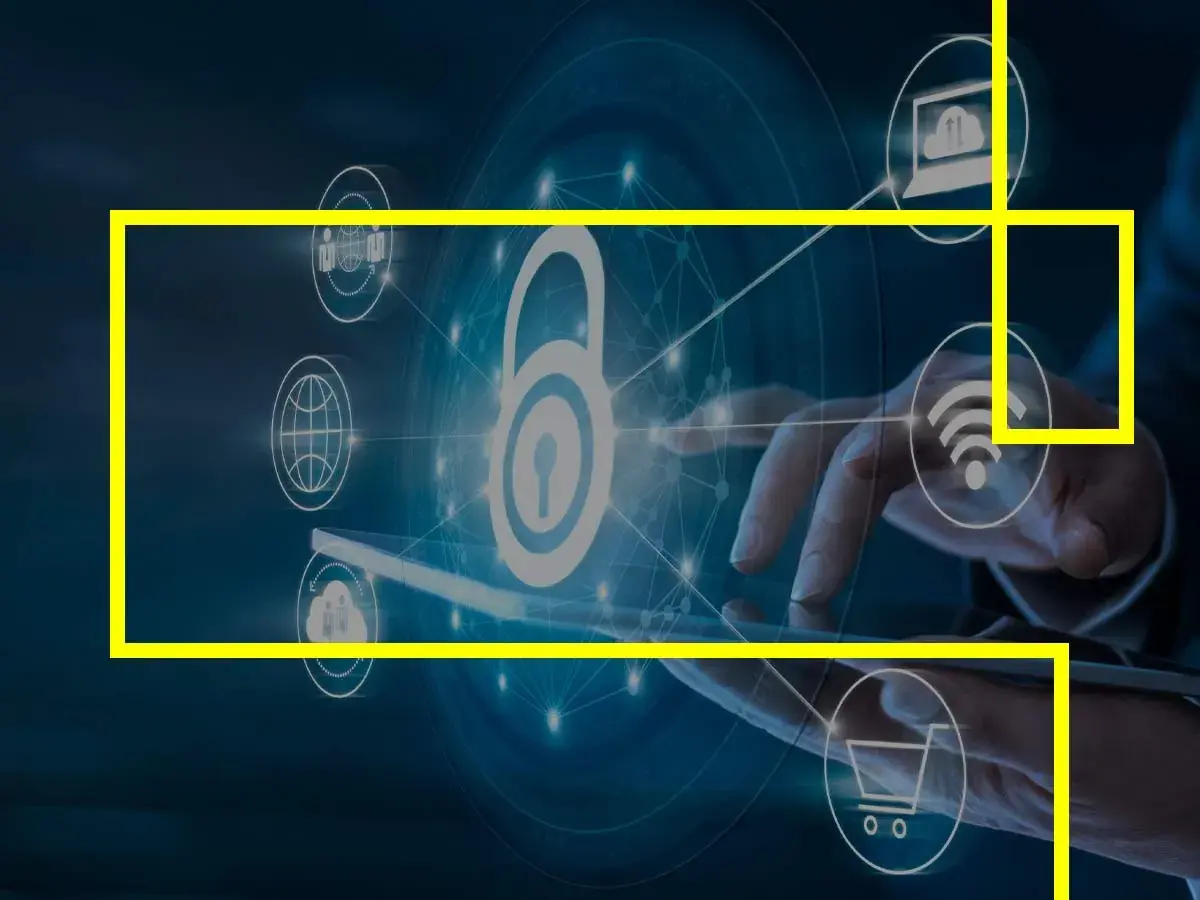

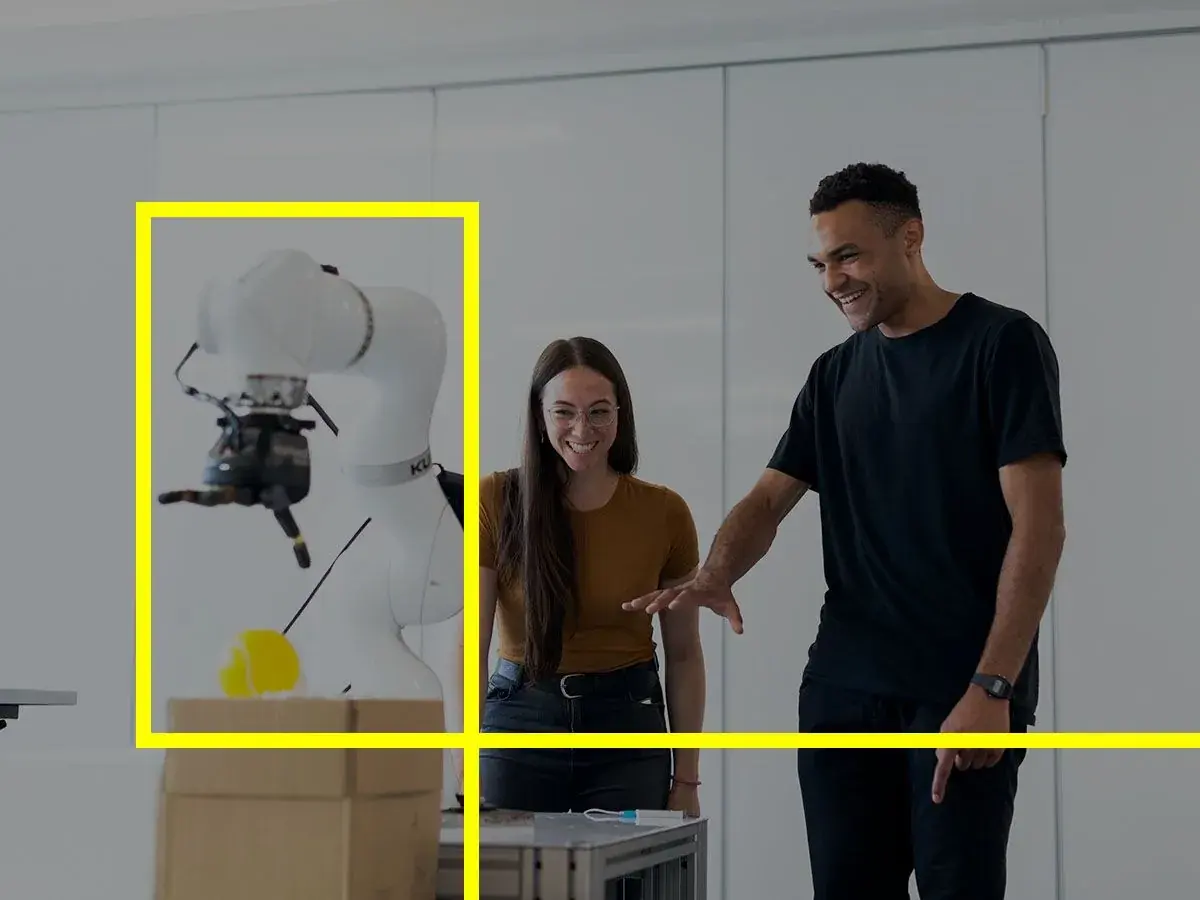
















What’s it like to learn at Nexford?
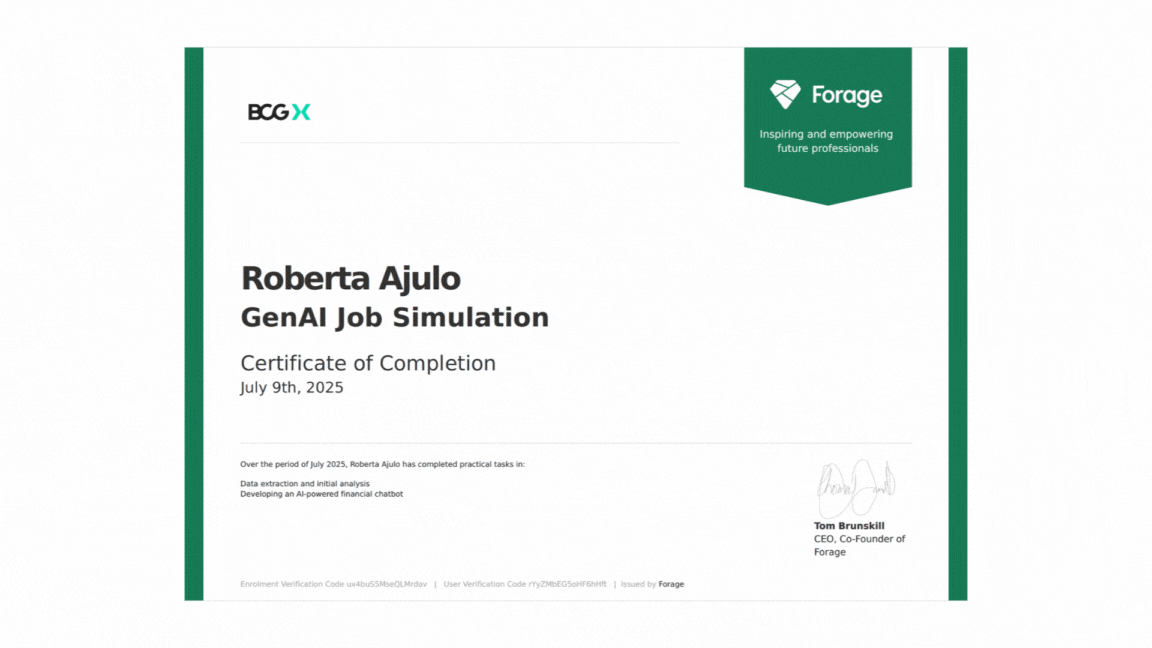
Build skills by doing. Every course includes hands-on projects that mirror real workplace challenges like building financial models plans, data dashboards, or marketing strategies. You won’t just learn about it - you’ll practice doing it. And projects are often curated from the world's largest organizations.


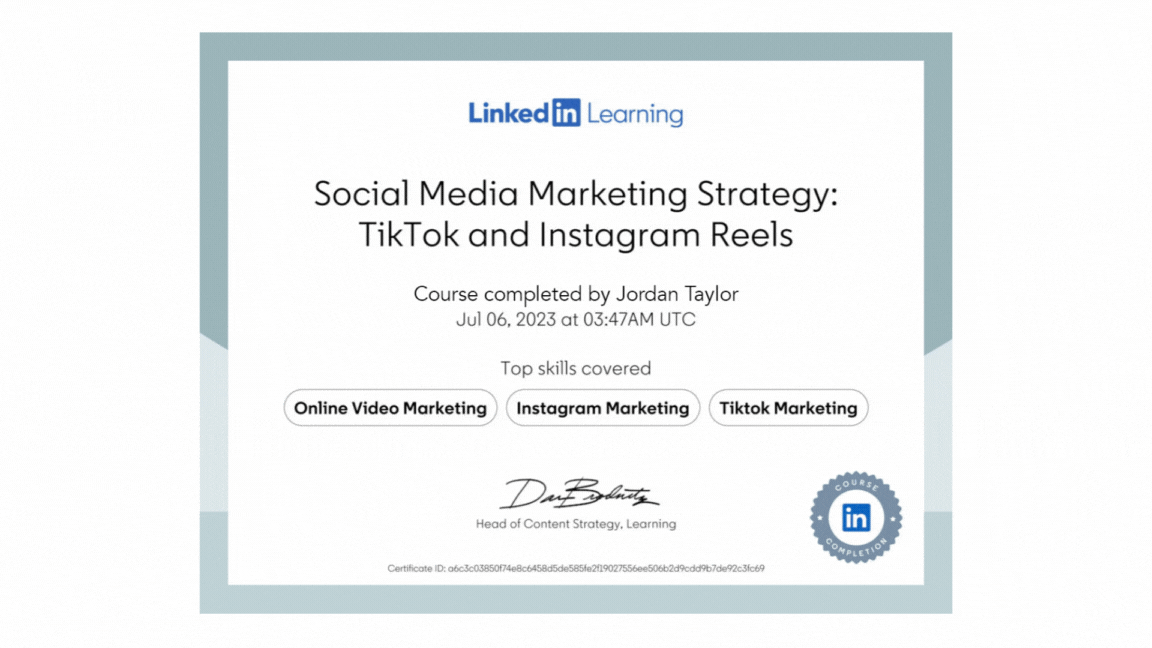

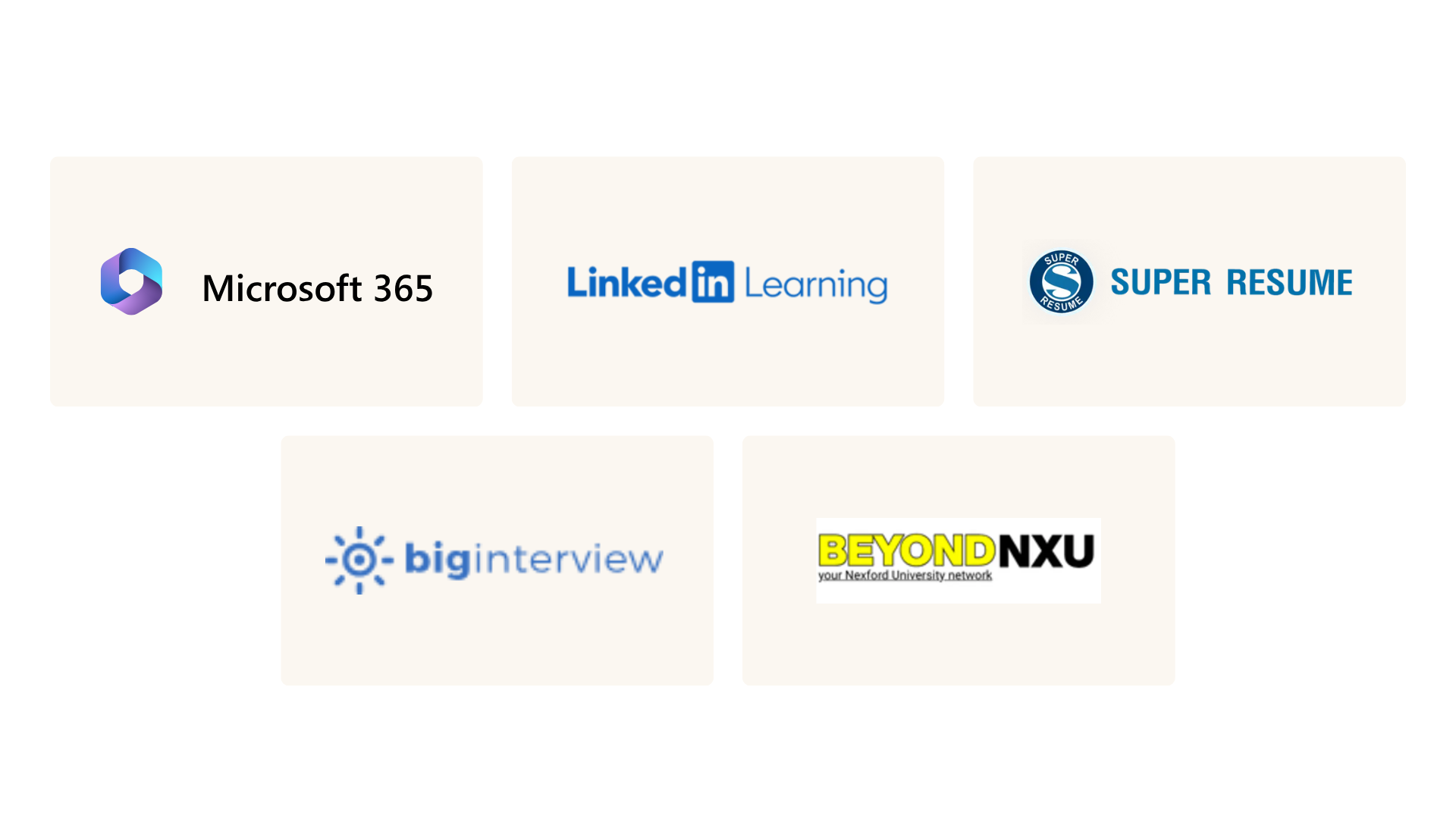
MSDT Admission requirements



Where our learners work
























Join us for a free virtual tour
Join us live to see how learning at Nexford works, hear from alumni, and get your questions answered by current learners, faculty, and staff.


Your dedicated career success platform
Your dedicated career success platform




Finish faster with Nexford's 9 month Master's
Earn your Master's in Digital Transformation in just 9 months by completing courses faster and increasing your course load.
- Course load: 1 course
- Pace: 1 course per month
- Course load: 2 courses
- Pace: 2 courses per month
- Course load: 1 capstone course
- Pace: 1 course per month
Others block AI. We expect you to master It.
Real projects you'll complete in your MS in Digital Transformation




Your career outlook as an MSDT graduate
- Digital Transformation Manager
- Tech Strategy Consultant
- Chief Innovation Officer
- Change Management Specialist
- Technology Strategy Consultant
- IT Governance Manager
- Tech Project Lead
- Digital Product Manager
- Cybersecurity Analyst
- Information Security Manager
- Risk Manager
- Compliance Officer
- Data Analyst
- Business Intelligence Analyst
- Data Engineer
- Business Analyst












Hear from our alumni and their employers



Thank you so much for the opportunity to be part of Nexford University. My education there significantly helped me advance my career. Additionally, my MBA has been successfully recognized as equivalent in my home country, Indonesia.

As a current MBA student at Nexford University, i like the flexile modality of study especially for full time employees, also the project-based learning approach with updated syllabuses, real case studies with top tech companies like Amazon, Tesla , Toyota, Apple...etc. and affordable at the same time for low middle income countries students.
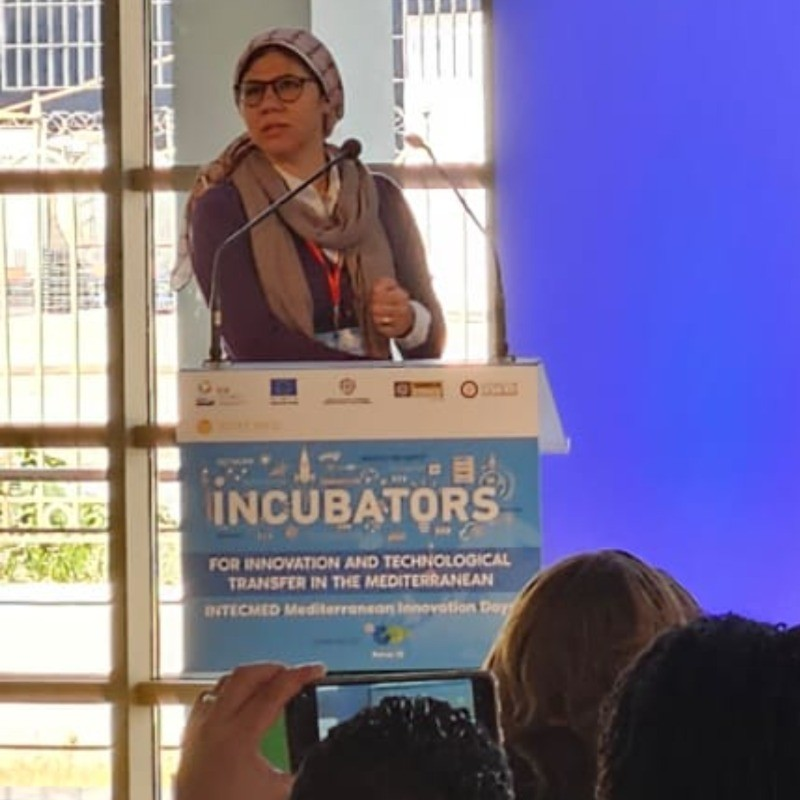
Meet your future faculty
Meet your future faculty
Learn from faculty who are also experienced business leaders, entrepreneurs, and subject-matter experts. Their real-world experience helps ensure what you’re learning is practical, career-relevant, and aligned with what employers actually need. Join live group sessions or book 1:1 time when you need support.
Nexford is accredited.

Nexford University is accredited by the Distance Education Accrediting Commission (DEAC).
The DEAC is listed by the U.S. Department of Education as a recognized accrediting agency and is recognized by the Council for Higher Education Accreditation (CHEA).


Nexford University is accredited by the Distance Education Accrediting Commission (DEAC).
The DEAC is listed by the U.S. Department of Education as a recognized accrediting agency and is recognized by the Council for Higher Education Accreditation (CHEA).







